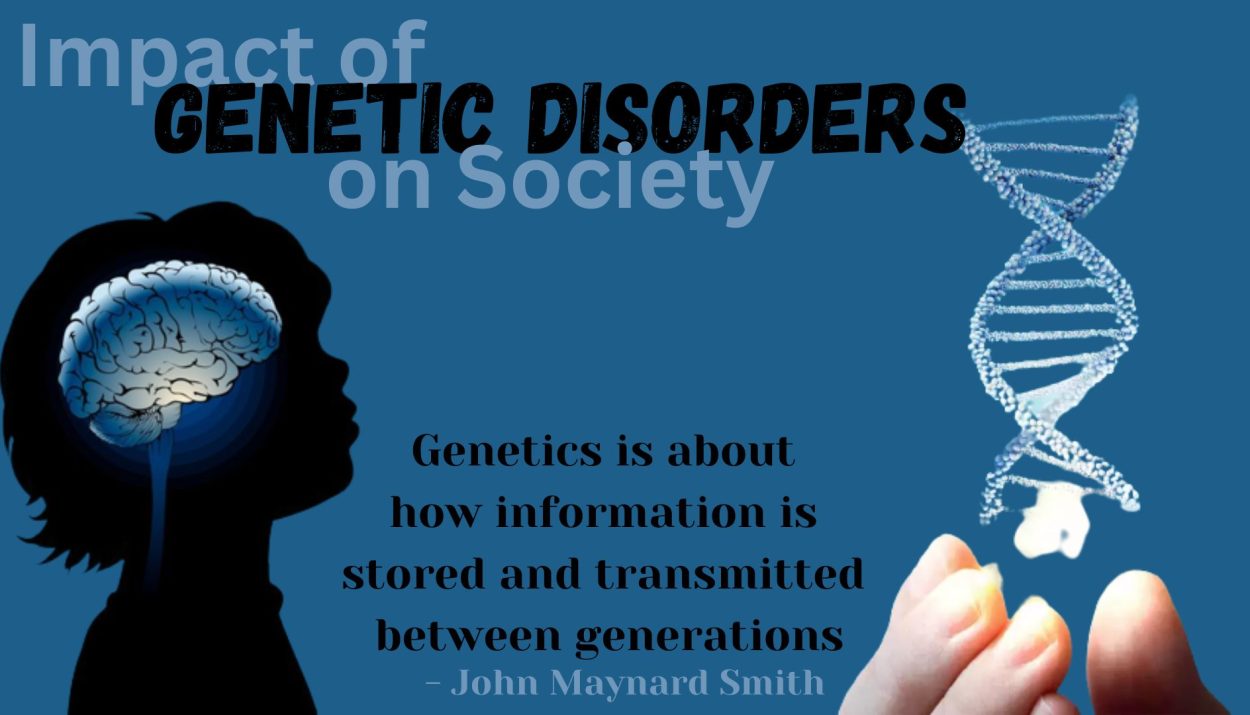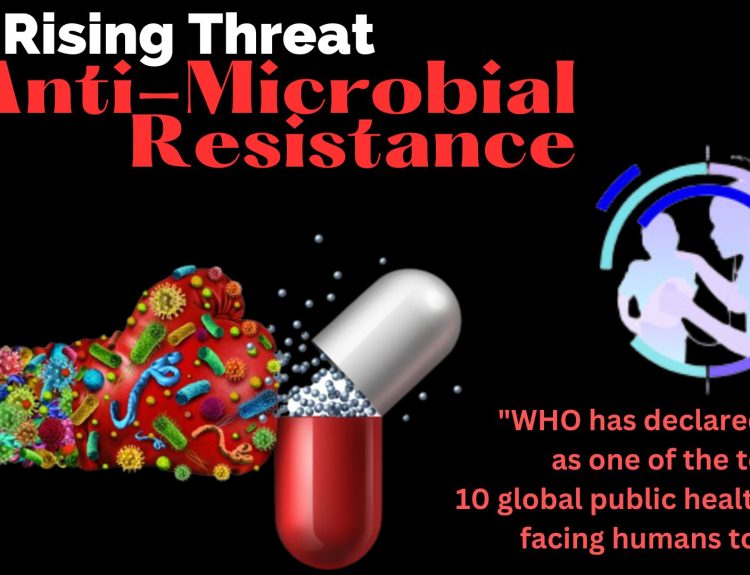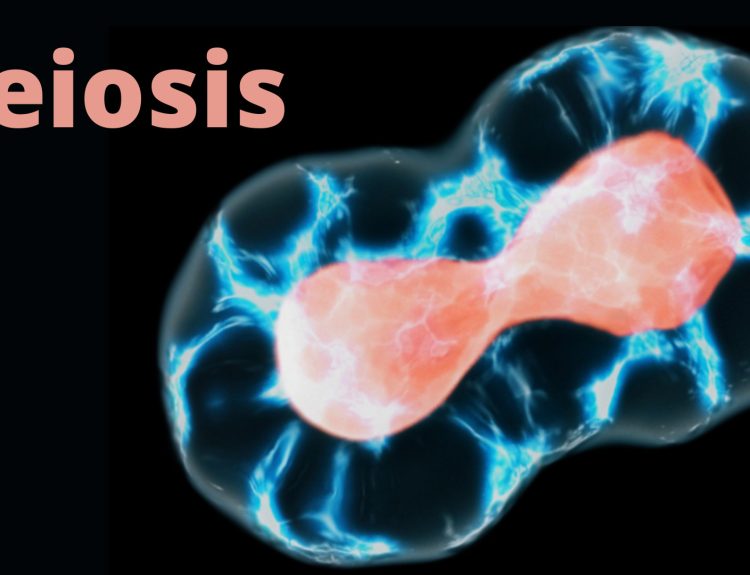A genetic disorder is an illness that is caused due to changes in a person’s genome. Genetic disorders can affect people of all ages, races, and genders, and can have a significant impact on society as a whole. In this article, we will explore the impact of genetic disorders on society, including the economic, social, and psychological challenges faced by individuals and their families.
What is a Genetic Disorder?
A genetic disorder is a medical condition that is caused by abnormalities in an individual’s DNA. DNA, or deoxyribonucleic acid, is a molecule that carries genetic information and instructions for the development and function of all living organisms. Genetic disorders can be inherited from one or both parents, or they can occur spontaneously due to mutations or changes in an individual’s DNA.

There are many different types of genetic disorders, each with unique symptoms and causes. Some genetic disorders are caused by a single gene mutation, while others are caused by abnormalities in multiple genes or by complex interactions between genes and the environment. Some genetic disorders are present from birth, while others may develop later in life.
Examples of genetic disorders include cystic fibrosis, sickle cell anaemia, Huntington’s disease, Down syndrome, and many others. These disorders can affect various parts of the body, including the brain, muscles, heart, lungs, and other organs. Some genetic disorders are mild and may not significantly impact an individual’s health, while others can be severe and may require lifelong medical care and support.
Read- Genetics and Anthropology
Economic Impact of Genetic Disorders
Genetic disorders can have a significant economic impact on individuals, families, and society as a whole. The cost of medical care, including diagnostic testing, medications, and specialized treatments, can be high, placing a financial burden on individuals and their families. Genetic disorders can also limit an individual’s ability to work, leading to lost wages and reduced productivity. Furthermore, the long-term care required for individuals with severe genetic disorders can be costly and may require significant financial assistance.
Social Impact of Genetic Disorders
Genetic disorders can also have a social impact on individuals and their families. The stigma associated with genetic disorders can lead to discrimination, isolation, and social exclusion. Individuals with genetic disorders may face difficulties in accessing education, employment, and other social opportunities, which can limit their ability to fully participate in society. Additionally, the emotional toll of living with a genetic disorder can lead to anxiety, depression, and other mental health challenges, which can further exacerbate social isolation and exclusion.

Psychological Impact of Genetic Disorders
Living with a genetic disorder can have a profound psychological impact on individuals and their families. The uncertainty surrounding the diagnosis, prognosis, and treatment options can lead to feelings of anxiety, stress, and helplessness. The need for long-term care and support can also place a significant burden on family members, leading to emotional exhaustion and caregiver stress. The psychological impact of genetic disorders can be long-lasting and can lead to challenges in maintaining positive mental health and well-being.
Way forward
Genetic disorders can have a significant impact on individuals, families, and society as a whole. The economic, social, and psychological challenges faced by individuals and their families can be substantial and can require significant resources and support. Treatment options for genetic disorders vary depending on the specific disorder and its symptoms but may include medications, surgery, physical therapy, and other supportive therapies.
Genetic counselling and testing can help individuals and families to understand their risk of developing or passing on a genetic disorder. Efforts to raise awareness about genetic disorders, promote early detection and treatment, and provide access to specialized care and support can help to reduce the impact of genetic disorders on society. Furthermore, advances in genetic research and technology offer hope for developing new treatments and therapies that may improve the lives of those affected by genetic disorders.







